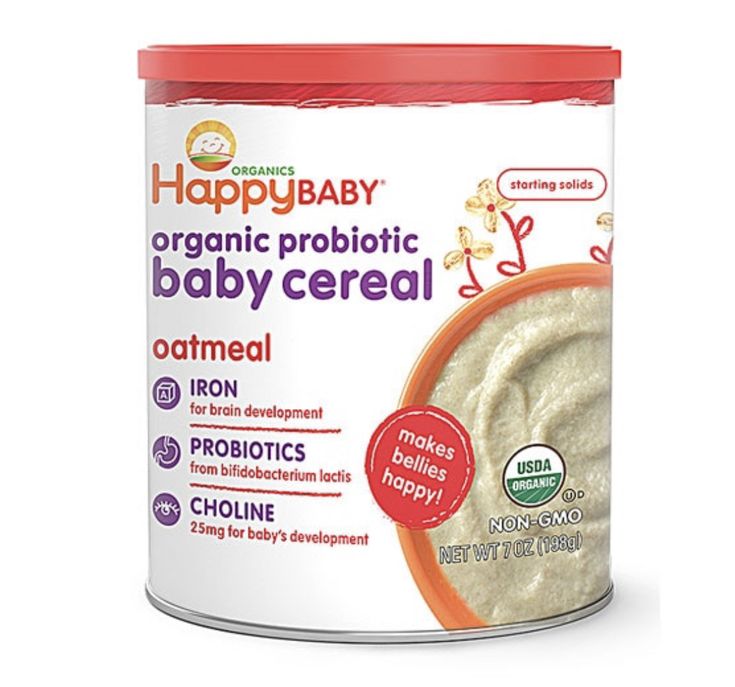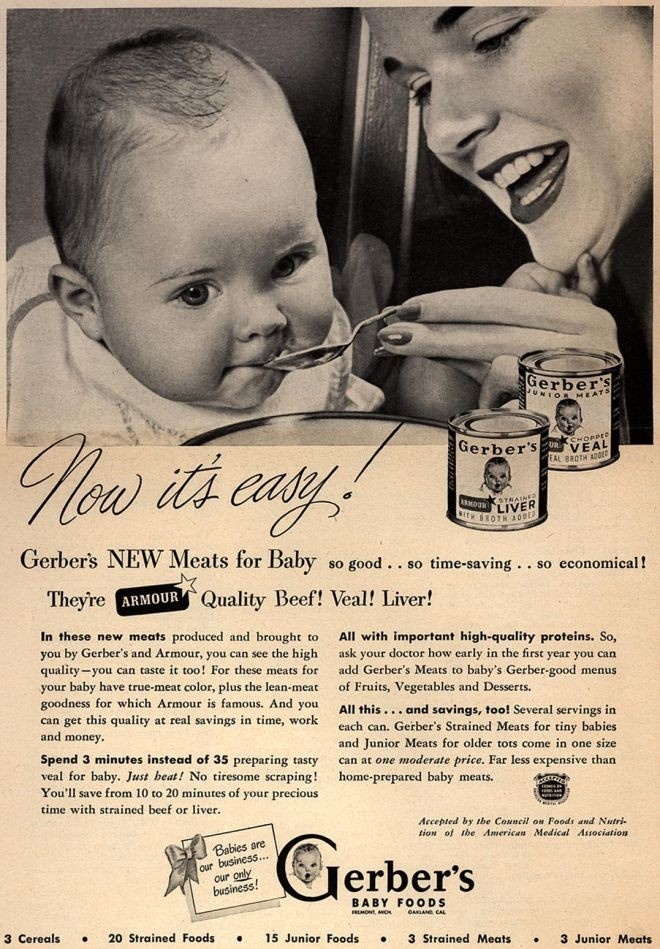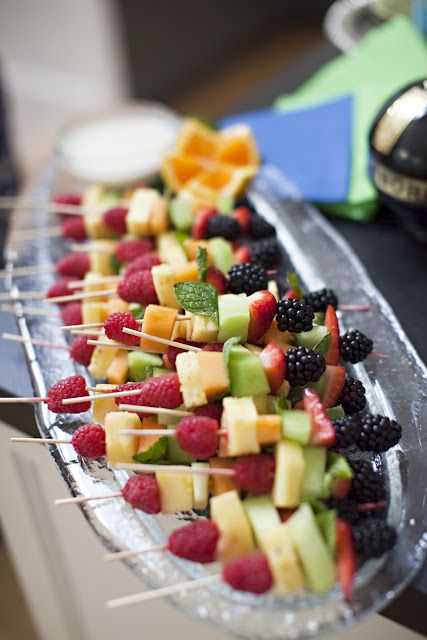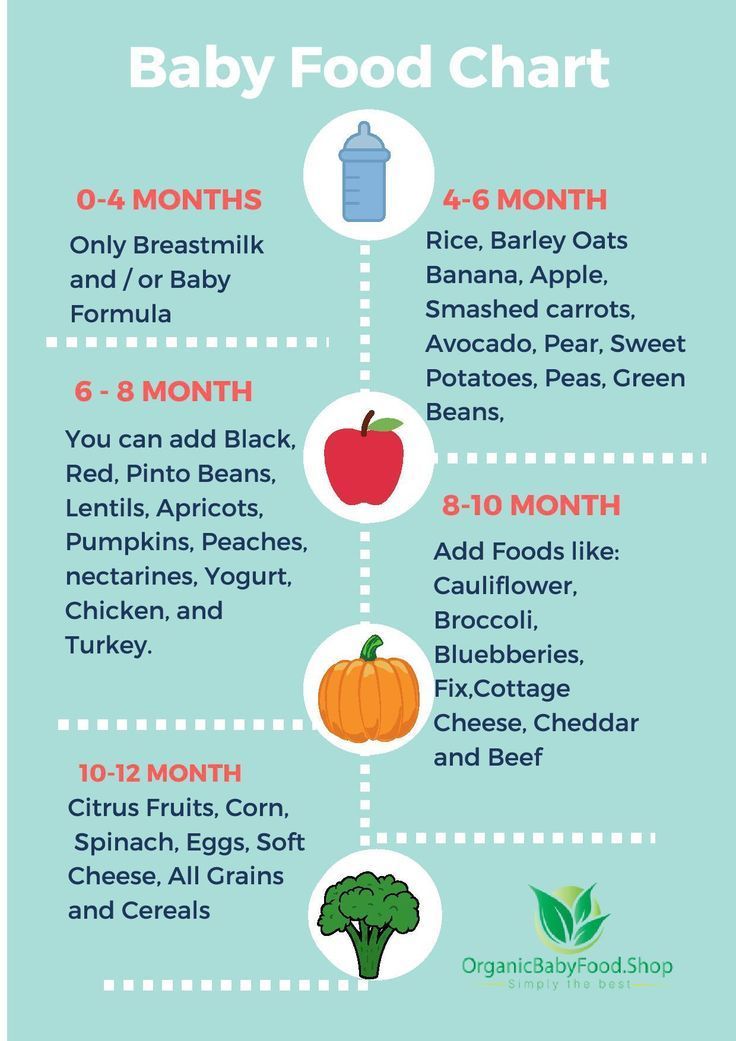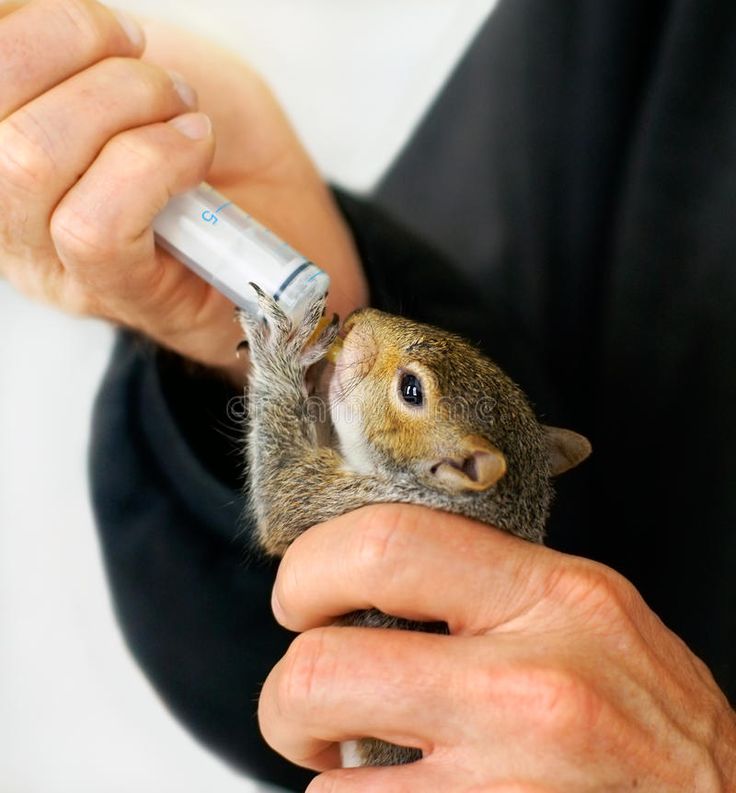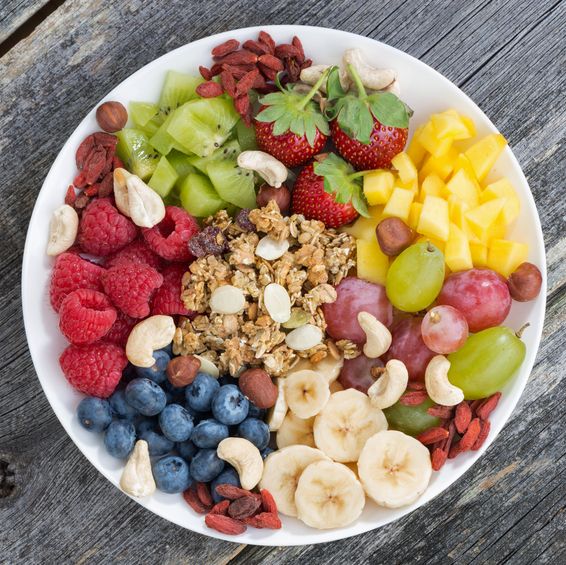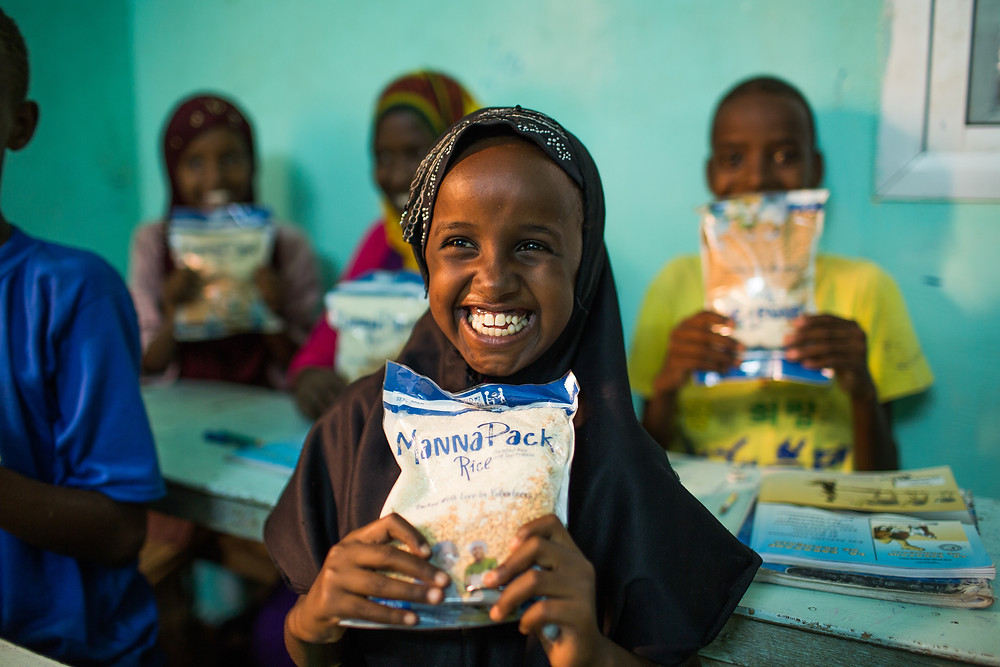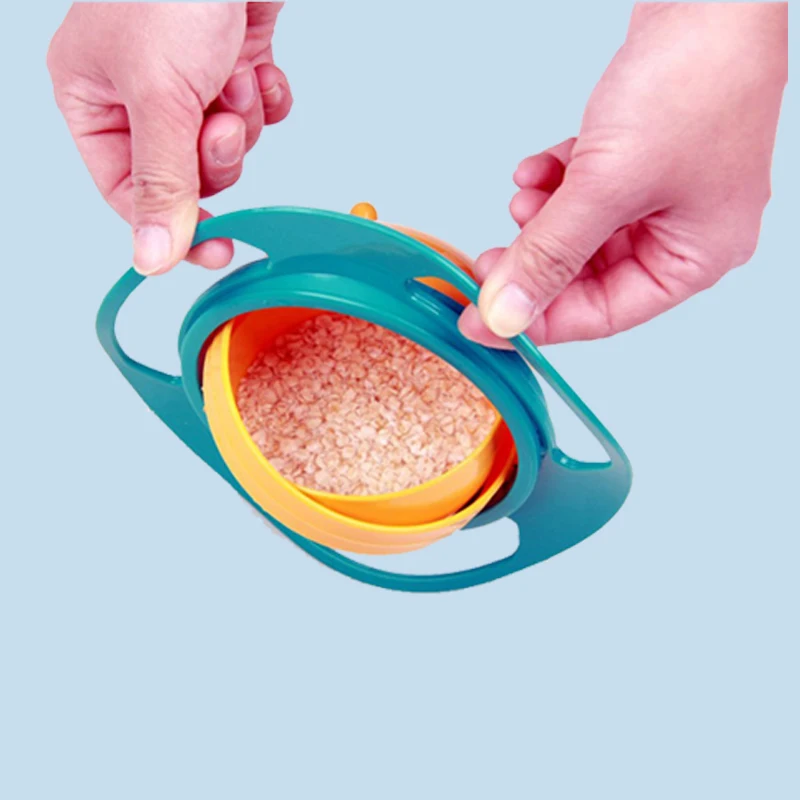Best foods for baby development
10 Foods to Build Baby's Brain Development
Has the time come to transition your baby into the world of solids? (Raise your hand if you’re feeling excited.) Each baby’s first experience with solids is different—some babies take to their first foods right away, while others require some trial and error. Allow your baby to sample a variety of healthy and nutritious foods, and let patience—and nutrition—be your guide, especially to support that growing brain.
Remember to not start solids until your baby is 6 months old (not 4 months, as used to be the case), and always check in with your child’s pediatrician before starting solids, in case there are any specific considerations for your little one. Once you get the go-ahead, focus on foods that are rich in nutrients that support your baby’s healthy growth.
1. Avocado
Creamy, mashed avocado is a popular first food. Avocado is a nutrient-dense fruit with plant-based fat, vitamins and minerals. Not only is it nutritious, as fats contribute to brain cell development, but the texture is soft and easy for baby to tolerate.
2. Greek yogurt
Whole-milk yogurt is a nutritious early food because it contains calcium, protein and healthy fats. The culturing process involved in making yogurt helps break down the proteins, making them easy for babies to digest, and incorporating fats into your baby’s diet will help develop their brain cells. Plus, babies tend to like the rich, creamy texture of Greek yogurt. Because it contains cows’ milk, some pediatricians recommend waiting to introduce yogurt between 9 and 10 months of age, so check with your child’s doctor first.
Related: Everything you need for starting solids with your baby
3. Blueberries
Dark berries like blueberries are packed full of antioxidants, which protect the brain from stress and damage. You can offer blueberries mashed or blended into a smoothie, yogurt or oatmeal or as a finger food.
4. Whole grain porridge
Offering your baby a whole-grain cereal blend is a nutrient-rich option.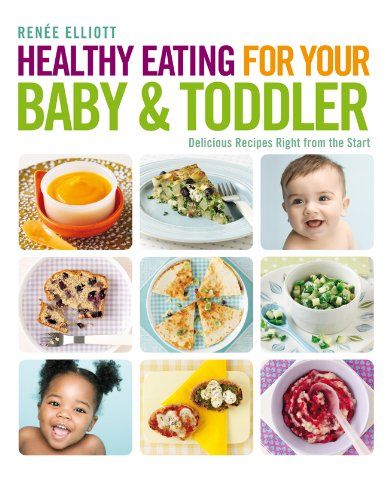 Whole grains such as oatmeal, quinoa and barley should be pulverized and blended into a fine powder form and mixed with water or breast milk. You can also mix in a bit of yogurt or a fruit/vegetable blend. Whole grains offer fiber and a source of protein.
Whole grains such as oatmeal, quinoa and barley should be pulverized and blended into a fine powder form and mixed with water or breast milk. You can also mix in a bit of yogurt or a fruit/vegetable blend. Whole grains offer fiber and a source of protein.
5. Eggs
Egg yolks contain cholesterol, which is what comprises the outer lining of brain cells. In addition, they contain fat-soluble vitamins as well as choline, selenium and vitamin B12—all important for brain development.
Related: 5 ways to help your picky eater get the nutrition they need
6. Nut butters
Traditional nuts in their butter form are a good source of healthy fat, protein and fat-soluble vitamins. Peanut, cashew and almond butter are all options to offer your baby when you feel they’re ready.
You could offer it as a small spoonful mixed into your baby’s cereal or porridge blend, yogurt or even applesauce.
Note: According to recommendations from the American Academy of Allergy, Asthma and Immunology, highly allergenic foods like nuts can be introduced into infants’ diets as early as 6 months of age—and should be introduced early and often, as research shows this tactic can actually prevent the development of food allergies down the line.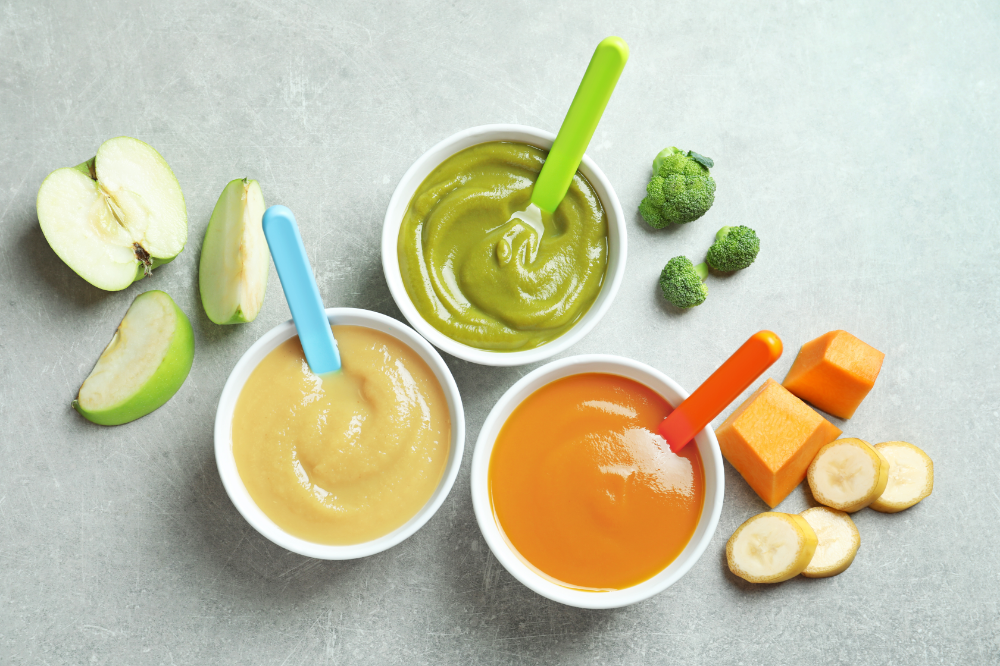
7. Apples
These nutritious fruits contain quercetin, which helps stimulate brain activity. Apples, whether pureed, cooked soft or raw, are easy to offer as a first food and throughout your baby’s transitional food stages. (Check out this great applesauce recipe!) As they become more comfortable with finger foods and as they develop teeth, you could offer apples with nut butter as a healthy pairing.
8. Lentils
Lentils are available in various forms and are especially nutritious because they contain fiber, iron and protein. They’re soft and easy to cook (no long soaking periods required) and can easily be blended into puree or soup form. They’re also one of the more neutral-tasting legume and bean options to initially offer.
9. Leafy Greens
While these may be hard to offer initially as a single vegetable, they could be used as a blend so they’re tolerated better. For example, you could blend spinach with apple or carrots, or make a spinach pesto to coat pasta once your little one is older.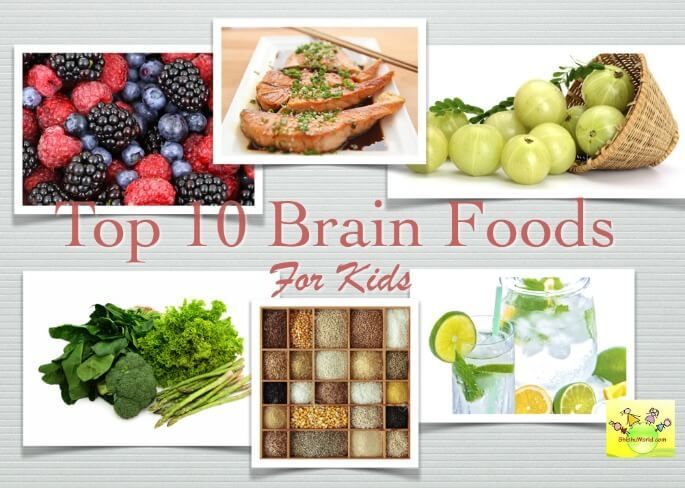 Because many leafy greens contain nitrates, some pediatricians recommended them as a later introduction at perhaps closer to 10 months onwards.
Because many leafy greens contain nitrates, some pediatricians recommended them as a later introduction at perhaps closer to 10 months onwards.
Leafy greens such as spinach or kale offer lutein and vitamin K, which contribute to brain activity.
10. Salmon
Babies’ growing brains require DHA, an omega-3 fatty acid that is essential to cognitive development. Salmon is an excellent dietary source of DHA. You could mash some cooked, mix into a puree or even create a salmon burger or nuggets if finger foods are accepted.
A version of this post was originally published on Sept. 28. 2021. It has been updated.
9 Foods To Boost Your Baby's Brain Development During Pregnancy – feedmomandme
Written by: Co-Founder Amanda Capriglione, RDN, CDN
Medically Reviewed by Dr. Nicole Palmer, DO
In this article
Every parent naturally wants their baby to be healthy and grow up to be smart.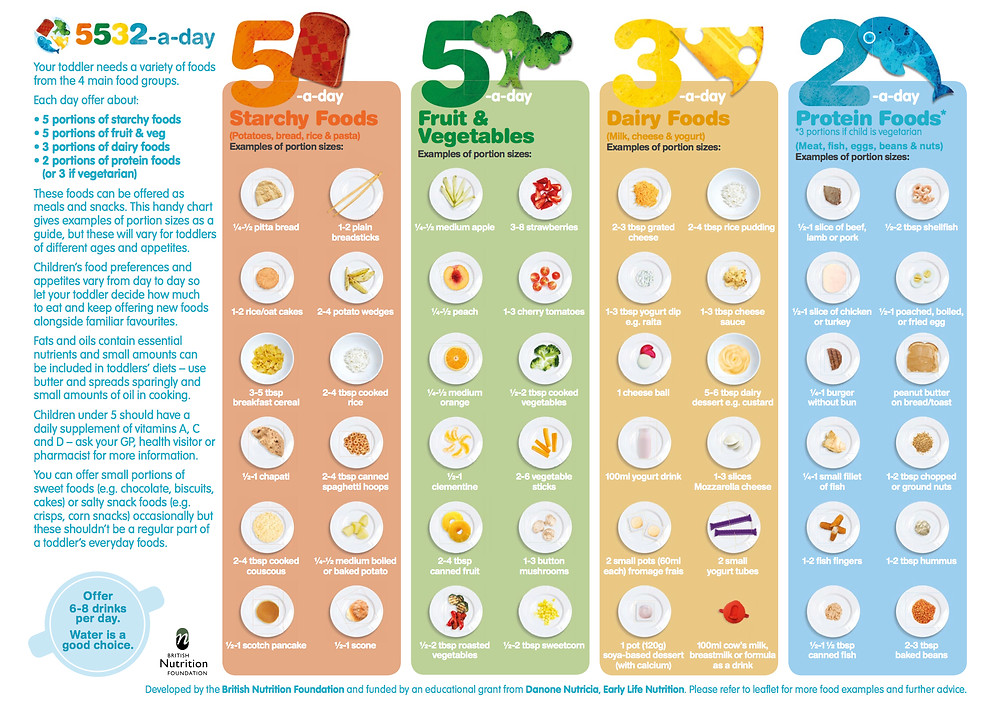 Scientific research suggests that your diet during pregnancy can help boost fetal brain development. Optimal nutrient intake will not only have you flourishing but also your growing baby. We will be discussing the nutrients and foods that help boost a baby’s brain development while pregnant.
Scientific research suggests that your diet during pregnancy can help boost fetal brain development. Optimal nutrient intake will not only have you flourishing but also your growing baby. We will be discussing the nutrients and foods that help boost a baby’s brain development while pregnant.
1. TAKE YOUR DAILY PRENATAL VITAMIN
Taking a daily complete prenatal plus DHA multivitamin will help you get those extra nutrients you may not be getting in your everyday diet. Look for a prenatal with DHA and Choline, both essential for baby’s brain development. We recommend taking Feed Mom & Me Complete Prenatal + DHA Multivitamin.
Vitamins supplements are meant to supplement your well-rounded diet regimen. They help enhance your intake of nutrients and vitamins along with your everyday food intake. Vitamin supplements aren’t meant to be used in place of real food.
For more information on prenatal vitamins, please check out our Benefits of Feed Mom & Me Complete Prenatal with DHA Multivitamin Blog. To purchase our Prenatal Vitamins, click here! You got this mama, you and your little one are going to thrive!
To purchase our Prenatal Vitamins, click here! You got this mama, you and your little one are going to thrive!
Active forms of omega-3 fatty acids are docosahexaenoic acid (DHA) and eicosapentaenoic acid (EPA), which are vitally important for your developing baby’s brain & retina during pregnancy. DHA is the critical component of the cell membrane in the brain, eyes, and nervous system. It also supports the development of the cerebrum, cerebellum, and brain stem.
The fetal’s brain growth accelerates during your second trimester and continues growth for several years after birth. During pregnancy and lactation, it is recommended women’s daily intake of at least 200 mg of DHA. Both DHA and EPA are primarily derived from seafood and algae. Consuming 1 to 2 servings of seafood per week and a daily prenatal with DHA will help with your omega-3 intake.
BEST FOODS RICH IN OMEGA 3 (DHA) FOR PREGNANT WOMEN:- Fish such as Salmon, Mackerel, Tuna, Herring, and Sardines.
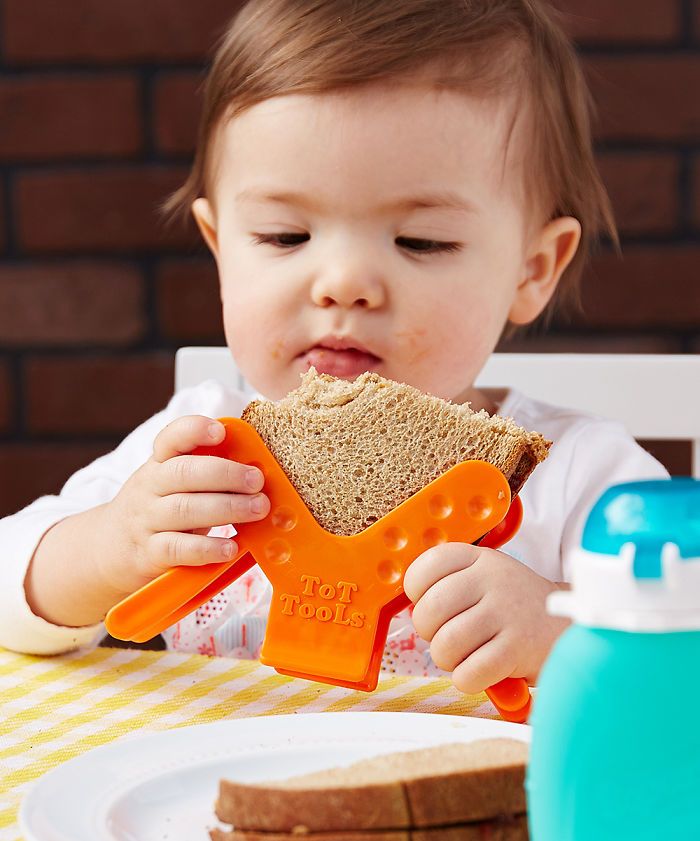 (No more than 12 ounces per week)
(No more than 12 ounces per week) - Fortified Eggs
- Flax and Chia Seeds
★ A good prenatal vitamin with natural DHA will smell a little fishy.
Read more on DHA in our blog, All You Need To Know About Prenatal Vitamins And DHA.
3. CHOLINECholine is vital for the proper development of your baby’s brain and spinal cord. It also helps form the neurotransmitters in the brain, which the nervous system uses to transmit messages between neurons, and/or neurons to muscles. It also influences lifelong memory functions for your developing baby.
BEST FOODS RICH IN CHOLINE FOR PREGNANT WOMEN:
Read more on choline in our blog, Choline during pregnancy.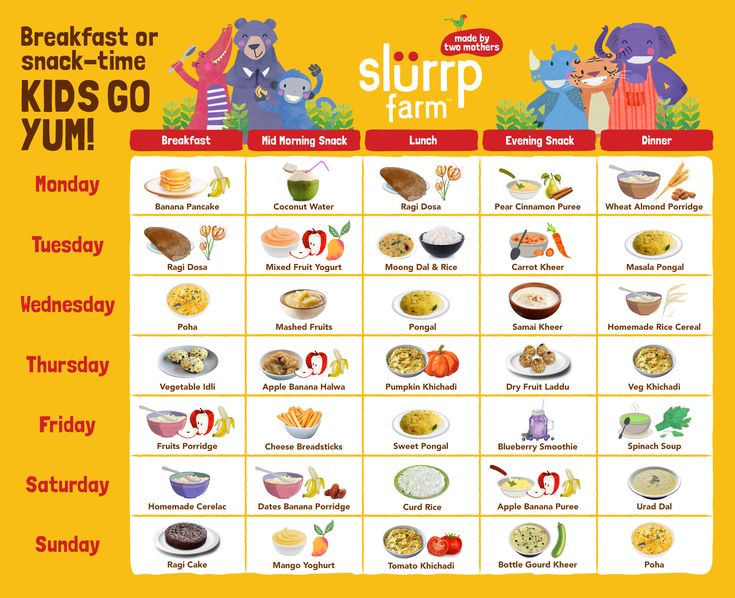
Vitamin B complex plays a critical role during pregnancy for your developing baby’s brain. They help aid the production of numerous aspects of brain function, including energy production, DNA/RNA synthesis/repair, genomic and non-genomic methylation, and the synthesis of numerous neurochemicals and signaling molecules. They can also be considered a potent antioxidant capable of protecting the brain’s cellular membranes.
BEST FOODS RICH IN VITAMIN B COMPLEX FOR PREGNANT WOMEN:- Poultry, Lean Beef, and Meat.
- Fish such as Tuna and Salmon. (No more than 12 ounces per week)
- Dairy Products such as Eggs, Milk, Yogurt
- Nuts and Seeds such as Peanuts, Sunflower Seeds, Hazelnuts, Pistachios, Cashew Nuts
- Legumes such as Chickpeas, Black-Eyed peas, and Kidney Beans
- Whole Grains such as Whole Wheat, Brown Rice, and Oats.
- Enriched and Fortified Foods such as many Breads and Cereals.
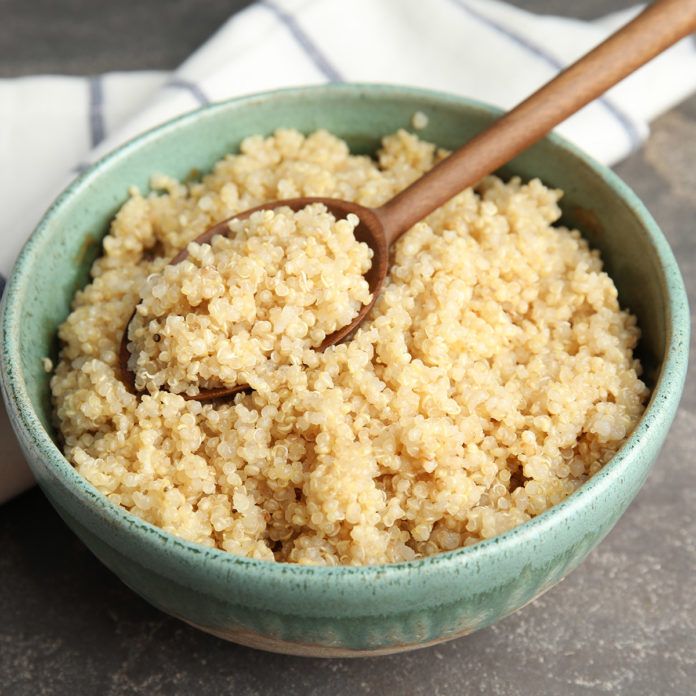
- Vegetables such as Mushrooms (especially shiitakes), Avocados, Potatoes, Asparagus, and Brussels Sprouts and Broccoli.
- Leafy Vegetables such as Spinach and Mustard Greens.
- Fruits such as Papaya, Oranges, and Banana.
- Dried fruits such as Apricots and Prunes.
5. ANTIOXIDANTS
Antioxidants protect your developing baby’s brain tissues and cellular membranes from damage and free radicals. Free radicals are unstable atoms that can damage cells. Produce contains the most amounts of antioxidants that are good for you and your baby. Try to consume seven servings of well-washed fruits and vegetables daily.
BEST FOODS RICH IN ANTIOXIDANTS FOR PREGNANT WOMEN:- Dark Chocolate
- Pecans
- Berries such as Blueberries, Strawberries, Raspberries, and Goji Berries
- Vegetables such as Artichokes, Broccoli, Asparagus, and Squash
- Leafy Vegetables such as Kale, Spinach, Cabbage, Lettuce, Collard Greens
- Root Vegetables such as Carrots, Beets, Radish
- Legumes such as Beans and Peas
- Avocados
★ Dark-colored produce often has more antioxidants.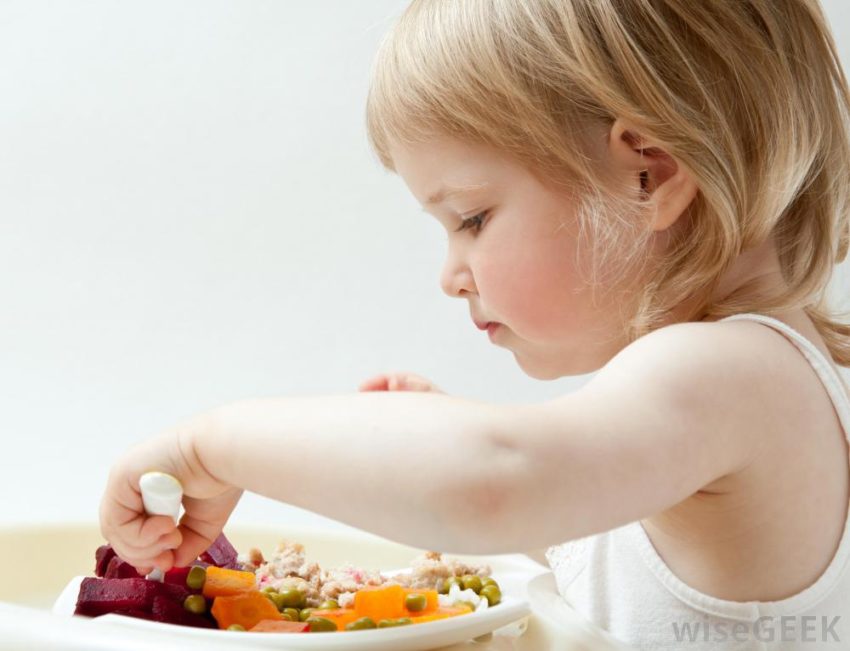
Iron is one of the critical nutrients in developing a healthy baby. It helps your body produce hemoglobin, a protein that carries oxygen through your red blood cells, delivering life-sustaining oxygen to your baby. Oxygen helps flourish your developing baby’s brain growth. Make sure you stay hydrated when consuming iron to help avoid constipation. Check out our blog on the Top 15 Foods to Help Naturally Relieve Pregnancy Constipation.
BEST FOODS RICH IN IRON FOR PREGNANT WOMEN:- Lean Meat, and Poultry.
- Iron-fortified Breakfast Cereals and Breads.
- Legumes such as White Beans, Lentils, Spinach, Kidney Beans, Peas, and Edamame.
- Dried Fruits such as Raisins, Apricots, Peaches, and Prunes.
- Leafy Greens such as Spinach, Kale, Broccoli, and Collards Greens.
Read more on iron in our blog, Iron during pregnancy.
7. PROTEINEvery cell in your body requires protein’s numerous amino acids to help your body make new cells and repair cells. Research has shown that proteins are essential for the function of brain cells and the development of your baby’s brain.
Research has shown that proteins are essential for the function of brain cells and the development of your baby’s brain.
- Poultry
- Fish such as Salmon & Shrimp
- Dairy such as Eggs, Milk
- Legumes such as Beans, Lentils, Split Peas.
- Nuts & Seed such as Peanuts, Walnuts, Cashews, Pistachios, and almonds
- Whole grains
Your thyroid needs iodine to produce triiodothyronine & thyroxine hormones in both your developing baby and you during pregnancy. Iodine plays a crucial role in aiding the formation of your growing baby’s cerebral cortex and neocortex, visual and auditory cortex, hippocampus, and cerebellum. The fetal thyroid is not fully active up until the 20th week of pregnancy; therefore, your baby is entirely dependent on maternal thyroxine supply.
BEST FOODS RICH IN IODINE FOR PREGNANT WOMEN:- Seafood & Fish such as Cod, Tuna, Seaweed, and Shrimp.
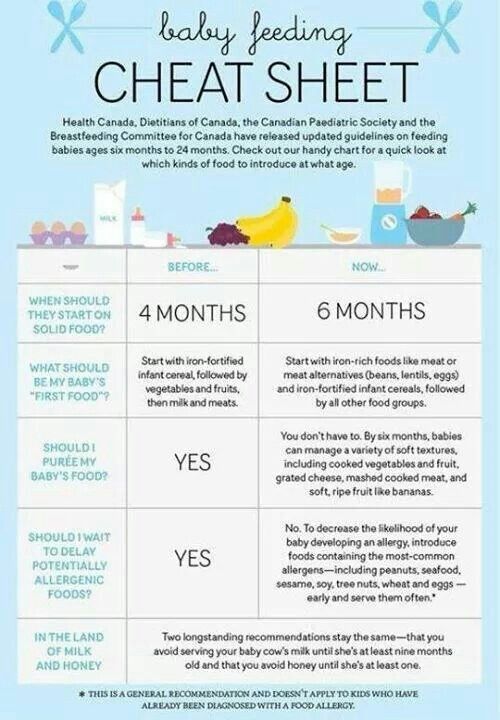
- Dairy products such as Milk, Yogurt, and Cheese.
- Iodized salt
Read more on iodine in our blog, The importance of iodine during pregnancy.
9. ZINCZinc is a key micronutrient that helps with the rapid growth and development of cells and tissue. Aiding the development of the brain's hippocampal and cerebellar. Making it essential for your baby’s brain development.
BEST FOODS RICH IN ZINC FOR PREGNANT WOMEN:REFERENCE
- https://www.feedmomandme.com/products/complete-prenatal-vitamin-with-dha
- https://www.ncbi.nlm.nih.gov/pmc/articles/PMC3046737/#B3
- https://pubmed.ncbi.nlm.nih.gov/26828517/
- https://www.feedmomandme.com/blog/15-foods-to-help-pregnancy-constipation
- https://www.sciencedaily.com/releases/2006/09/060905225522.htm
- https://pubmed.ncbi.nlm.nih.gov/23062035/
- https://www.ncbi.nlm.nih.gov/pmc/articles/PMC3506421/#:~:text=Zinc%20is%20essential%20for%20normal,on%20the%20offspring's%20nervous%20system.
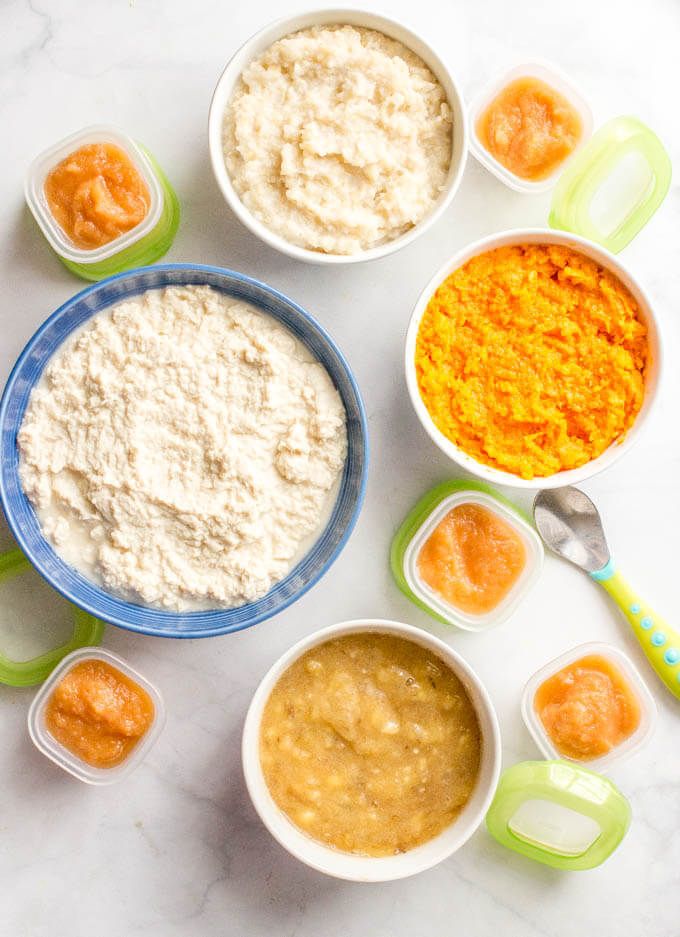
- https://feedmomandme.com/blogs/mama-blog/all-you-need-to-know-about-prenatal-vitamins-and-dha
- https://feedmomandme.com/blogs/mama-blog/importance-of-choline-during-pregnancy
- https://feedmomandme.com/blogs/mama-blog/iron-during-pregnancy
- https://feedmomandme.com/blogs/mama-blog/the-importance-of-iodine-during-pregnancy
Ten healthy foods that must be in a child's diet • INMYROOM FOOD
Every mother takes care of her child, and this care is reflected in many things. For example, in the preparation of a competent and balanced diet.
It's no secret that a young body is in dire need of vitamins, minerals and other useful substances. This is a guarantee that your child will grow up big and healthy. Strong immunity and proper nutrition will help to resist the harmful effects of the environment, activate mental activity and, as a result, easily cope with school workloads.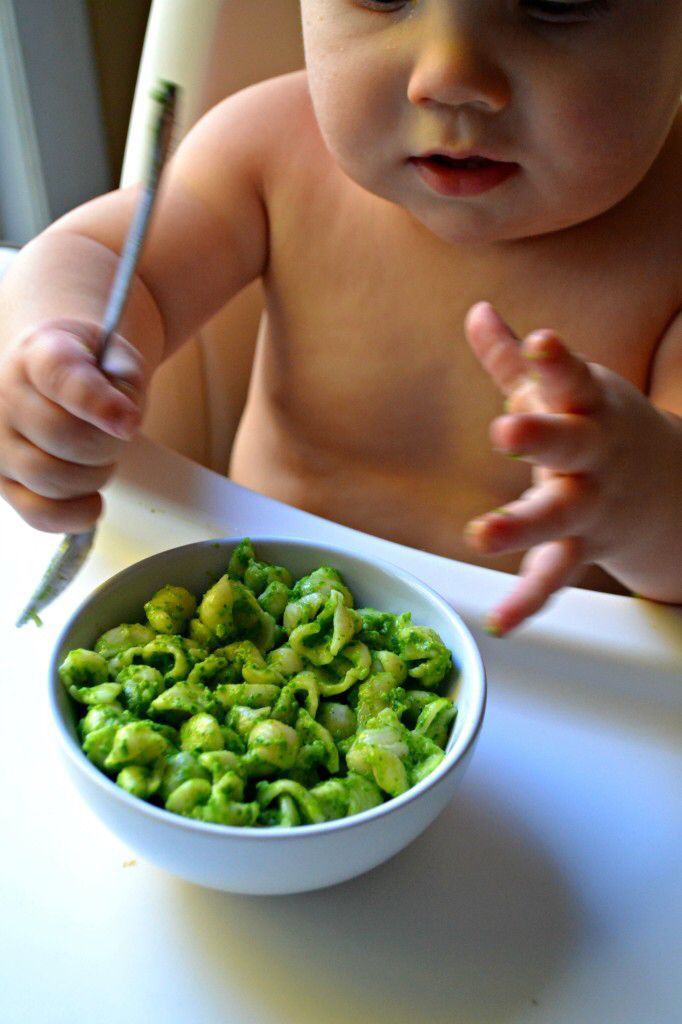
For loving mothers, we have compiled a list of 10 healthy foods that you should definitely include in your child's diet so that he grows up healthy and strong.
1. Nuts and nut butter
Products that are similar in value to nuts can be counted on the fingers of one hand. Nuts are a real storehouse of vitamins and minerals. They are especially rich in vitamin E, which increases the body's defenses and strengthens the immune system, as well as calcium and iron, which are very important for the body to grow strong and strong.
This product must be in the diet of every schoolchild. You should eat nuts and younger children. If your baby is already familiar with fruits, vegetables and cereals, then you can and even need to introduce nuts into the diet. The only question is in what form, because nuts are a fairly solid food.
An excellent solution is nut butter. It should be added in small amounts to cereals or purees. You can buy nut butter in the supermarket, but it is better to cook this product at home.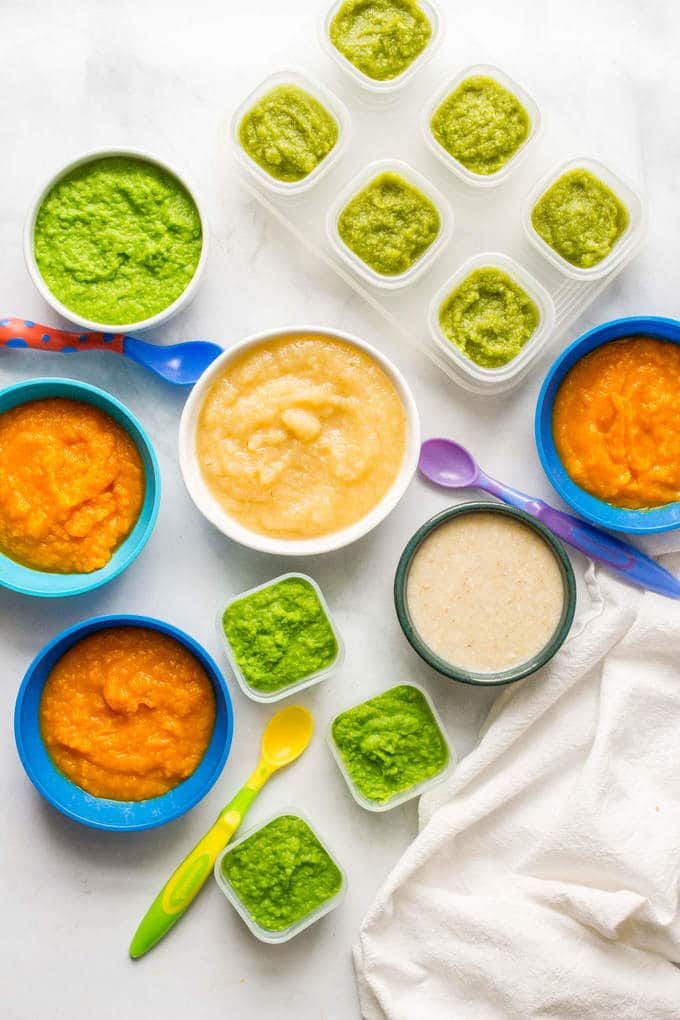 Moreover, it is not so difficult. Pour the nuts in an even layer on a baking sheet and bake in an oven preheated to 180 degrees for 25 minutes. After that, grind the nuts in a blender until they acquire a paste-like consistency. This will happen in about 5-15 minutes - it all depends on the power of your blender. If desired, honey can be added to the paste. It should be stored for no more than 2 weeks in a closed form in the refrigerator.
Moreover, it is not so difficult. Pour the nuts in an even layer on a baking sheet and bake in an oven preheated to 180 degrees for 25 minutes. After that, grind the nuts in a blender until they acquire a paste-like consistency. This will happen in about 5-15 minutes - it all depends on the power of your blender. If desired, honey can be added to the paste. It should be stored for no more than 2 weeks in a closed form in the refrigerator.
2. Chicken eggs
Chicken eggs are very healthy for children. In their composition, you can find 12 vitamins that the body needs for normal life. These are, for example, vitamins A, D, E, group B. Eggs also contain minerals in large quantities: calcium, phosphorus, iodine, copper, iron, cobalt. There is a lot of fat in the egg yolk, but these are polyunsaturated fatty acids that only benefit the body.
Chicken egg is perfectly absorbed by the human body, so this product must be included in the diet. Eggs will be a great breakfast for your kids. They charge the body with energy and vitality and provide a feeling of satiety for a long time. From them you can cook a large number of delicious dishes: scrambled eggs, scrambled eggs, egg pudding.
They charge the body with energy and vitality and provide a feeling of satiety for a long time. From them you can cook a large number of delicious dishes: scrambled eggs, scrambled eggs, egg pudding.
3. Butter
If you watch your figure and get scared at the mere mention of the word "fats", this does not mean at all that they are completely contraindicated for your child. It has been scientifically proven that under no circumstances should saturated fats and "correct" cholesterol be excluded from the diet of children under 2 years old - they play an important role in the development of the child's brain and nervous system. Give preference to organic oil and, in consultation with the pediatrician, introduce it into the diet, adding a small amount to baby food. Of course, we are talking about the moment when your child has already mastered one-component purees.
Our mothers and grandmothers were carriers of valuable information about butter on an intuitive level. There is, perhaps, not a single schoolboy of past years who would not eat sandwiches with butter in the morning. And this makes sense. Fats help to maintain a feeling of satiety for a long time, it is better to absorb fat-soluble vitamins and make food tastier. The result is happy students and good grades.
And this makes sense. Fats help to maintain a feeling of satiety for a long time, it is better to absorb fat-soluble vitamins and make food tastier. The result is happy students and good grades.
4. Beans and lentils
Legumes are an important source of vitamins. Particular attention in the preparation of a child's diet should be paid to beans and lentils. They contain many vitamins and minerals - iron, zinc, manganese - and other useful substances, such as folic acid. In terms of protein content, beans and lentils are very close to meat products. If you want to add variety to your diet while still maintaining its nutritional value, legumes are a good alternative.
To make beans and lentils easier and faster to cook, soak them in water overnight. In the morning, beans should be strained and boiled until soft. If you're cooking red lentils, you don't need to soak them, as they cook fairly quickly. Legumes can become both an independent side dish and an integral ingredient in various soups and vegetable stews.
5. Fish
Everyone knows about the beneficial properties of fish and its importance for a child. Fish is an important source of vitamins, minerals and other nutrients.
It contains omega-3 polyunsaturated fatty acids, which are responsible for cell growth, help strengthen bones and improve vision, play an important role in brain development and enhance mental activity, and increase the body's defenses. All these important properties make fish such a useful and indispensable product in the children's diet.
6. Herbs and spices
Childhood is not a reason to refuse herbs and spices. Add them to the meals you cook for your children. They will help make the dish tastier and more interesting, bring variety to the usual menu and saturate food with additional vitamins and minerals. Herbs are a valuable source of vitamin E and strengthen the immune system, while spices improve the functioning of the digestive system and have a positive effect on the overall tone of the body.
Popular and healthy combinations: fruit puree with cinnamon, cauliflower with nutmeg, meat sauce with cumin or oregano, vegetables or chicken with thyme, avocado with cilantro, fish with parsley and lemon.
7. Tofu
Tofu is basically soy milk curd. The process of making it is very similar to the process of making cheese. Therefore, sometimes tofu is referred to as cheese. Already from the definition it is clear that this product is very useful. It contains a large amount of iron, zinc and a lot of protein. This product has a high energy value. No wonder it forms the basis of vegetarian nutrition. All of the above facts make tofu a product that is ideal for children.
Tofu can be cooked in a variety of ways. Choose the one that will appeal to your child: bake, boil, fry. Tofu can become both an independent and very nutritious snack, and one of the ingredients in delicious desserts.
8. Wheat bread
A child is nowhere without bread. Choose for your child wheat bread or options with seeds and bran.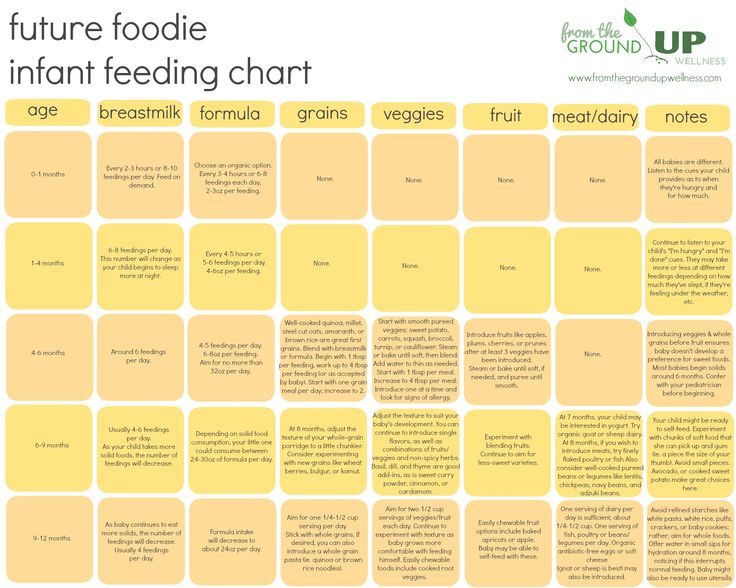
Some parents believe that eating a lot of bread is harmful for children, because this product contains gluten and this can lead to the development of celiac disease, a chronic disease of the intestines and digestive system. However, there are also studies that prove that completely eliminating bread from the diet of children is not advisable, because, on the contrary, it can increase the risk of developing this disease. Therefore, bread should be included in the child's diet, but in moderation, although in principle your child will not eat more than necessary.
Bread can also be replaced with whole grain breads and biscuits, as well as wheat flakes. The latter will be the perfect breakfast in the company of low-fat milk.
9. Natural yoghurt
Yogurt is not only delicious, but also healthy. All children are not indifferent to this product and gobble it up with great pleasure. And parents are only happy, because yogurt contains a large amount of vitamins, calcium, and other useful substances that help the child grow up healthy and smart.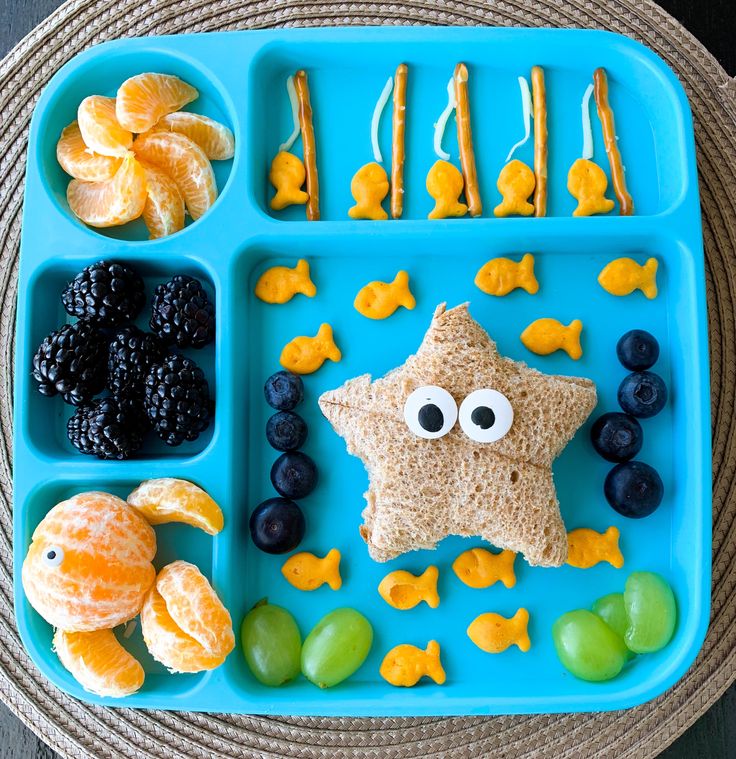
However, it is important to clarify here that yoghurts, which are in great abundance on the shelves of supermarkets, are not a very healthy product for your child. Jars of dyes and flavors contain too much sugar in their composition. Choose natural yoghurts for your child without additives. You can sweeten them with natural delicacies - for example, berries and fruits, honey, syrups.
10. Red meat
Iron and zinc, which are found in large quantities in red meat, are perfectly absorbed by the child's body. Red meat is a unique source of complete protein, which is essential for normal human growth and development. B vitamins strengthen the immune system, improve eyesight and have a positive effect on digestion. Preference should be given to beef - it contains the optimal combination of nutrients. Red meat also includes pork, lamb, horse meat, rabbit meat.
To make the vitamins and minerals contained in red meat even better absorbed by the baby's body, combine it with vegetables and fruits rich in vitamin C.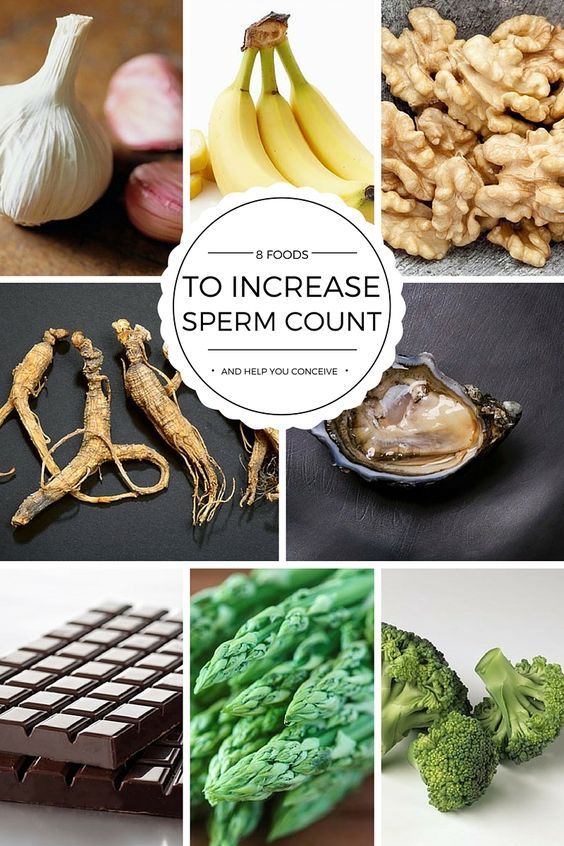 For example, tomatoes, bell peppers, citrus fruits - tasty, nutritious and healthy.
For example, tomatoes, bell peppers, citrus fruits - tasty, nutritious and healthy.
Note to mothers: useful products for the child
A growing child needs strength for the great discoveries that happen to him every day. In order for a child to grow up healthy and active, his diet must be varied and balanced. ELLE will tell you how to create the most useful children's menu.
A child's health depends on many factors, and nutrition, physical activity and a favorable environment play an important role in its development. Healthy foods for children contain a boost of vitamins and minerals necessary for active growth. Knowing the list of the most necessary products for the child, you can easily create a menu, each time offering the child a new tasty dish.
Intuitively and so it is clear what foods are good for children. The diet of children should be based on dairy products, cereals, vegetables, fruits, berries, greens, meat and fish, eggs, nuts. It is important that every day the child eats a variety of foods high in proteins, fats, vitamins and minerals.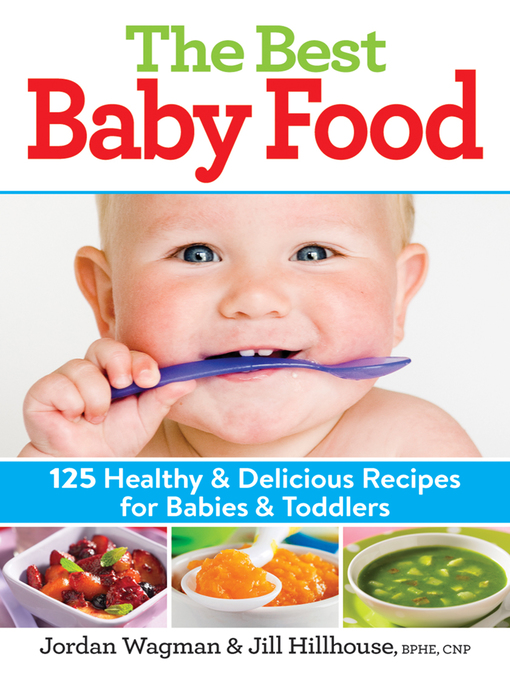
We start with breakfast, and there is no better dish than porridge for the first meal. Cereal cereals energize the body and give a feeling of satiety. The most useful cereals with a low glycemic index are rice, buckwheat, and wheat. These cereals are rich in vitamins A, B, C, D, E, saturated fatty acids. The complex carbohydrates in rice help to generate the energy that students need in the learning process. Buckwheat porridge is rich in vegetable proteins. The least useful porridge is semolina.
Another indispensable product for the full development of a child is a chicken egg. They contain a lot of animal protein, amino acids, vitamins A, D, B2. In the absence of individual intolerance, the child can eat eggs at least every day. Moreover, there are many recipes for cooking eggs that will not get bored day by day. Omelet, poached eggs, Benedict, egg in a toast, scrambled eggs, hard boiled or bagged - such a breakfast will be eaten in a minute by a little hero.
A fruit salad can be offered to a child for lunch.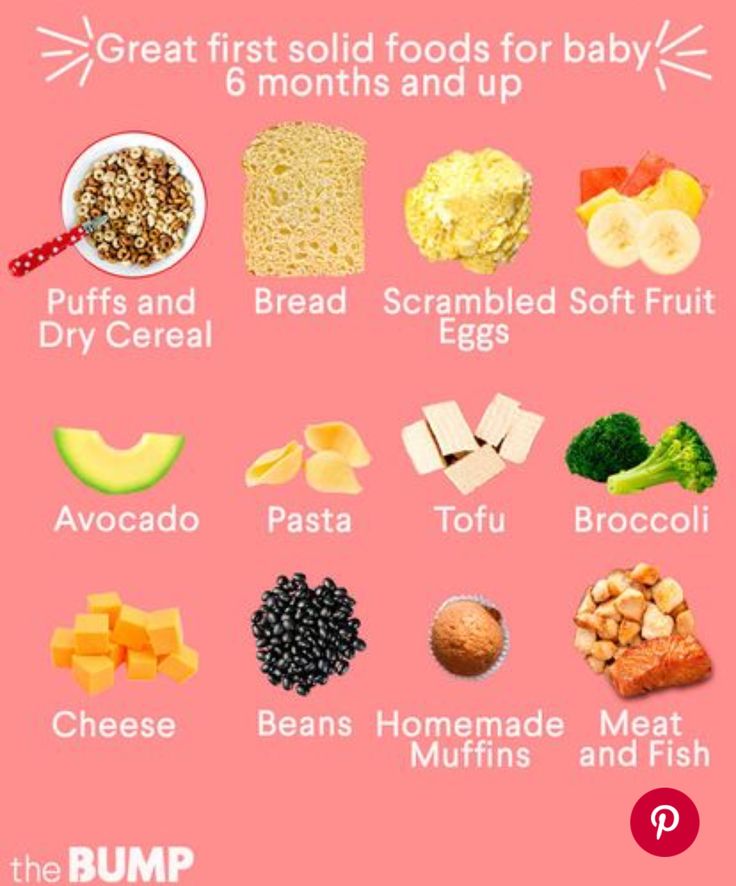 The composition of all fruits in different dosages includes vitamins and trace elements. It is believed that the body is better able to digest fruits and vegetables that are suitable for its place of birth and growth. In our country, the most useful fruits are apples, plums, pears, peaches, apricots, rich in vitamin A. This vitamin is important for the formation of hormones in a young body, improves visual acuity, helps improve the quality of skin, hair, strengthens bone tissue and teeth.
The composition of all fruits in different dosages includes vitamins and trace elements. It is believed that the body is better able to digest fruits and vegetables that are suitable for its place of birth and growth. In our country, the most useful fruits are apples, plums, pears, peaches, apricots, rich in vitamin A. This vitamin is important for the formation of hormones in a young body, improves visual acuity, helps improve the quality of skin, hair, strengthens bone tissue and teeth.
Citrus fruits contain a lot of vitamin B1, which is responsible for the body's metabolic processes. For the proper development of the nervous, cardiovascular and muscular systems and the prevention of beriberi, you need to eat at least 100 g of pineapple, kiwi, grapefruit per day. Children should eat fresh or frozen fruits. Canned fruits additionally contain sugar, which increases the calorie content of the dish, and all useful components, as a result of long-term storage, come to the child in a lower concentration. It is advisable to eat different fruits every day.
It is advisable to eat different fruits every day.
The child's lunch should be hearty, but moderate, and must include protein foods. If the child is not brought up in a vegetarian family, then for lunch he should be offered fish or a lean meat dish. Rabbit meat, turkey, veal are considered dietary. Dishes prepared from these types of meat and poultry are rich in protein, iron, zinc, vitamins B2 and B6. Steamed, boiled or stewed meat is better and faster absorbed by the body.
The healthiest foods for kids can be found in the fish section of the grocery store. Swedish scientists, using the example of the children of their country, proved to the whole world what the benefits of fish are for a young organism. According to their research, the content of fish in the children's diet improves the mental abilities of children by 2 times, in comparison with those who do not eat seafood.
Fish is rich in proteins, iron, polyunsaturated fatty acids, vitamin B12, fish dishes should be included in the child's diet at least once a week.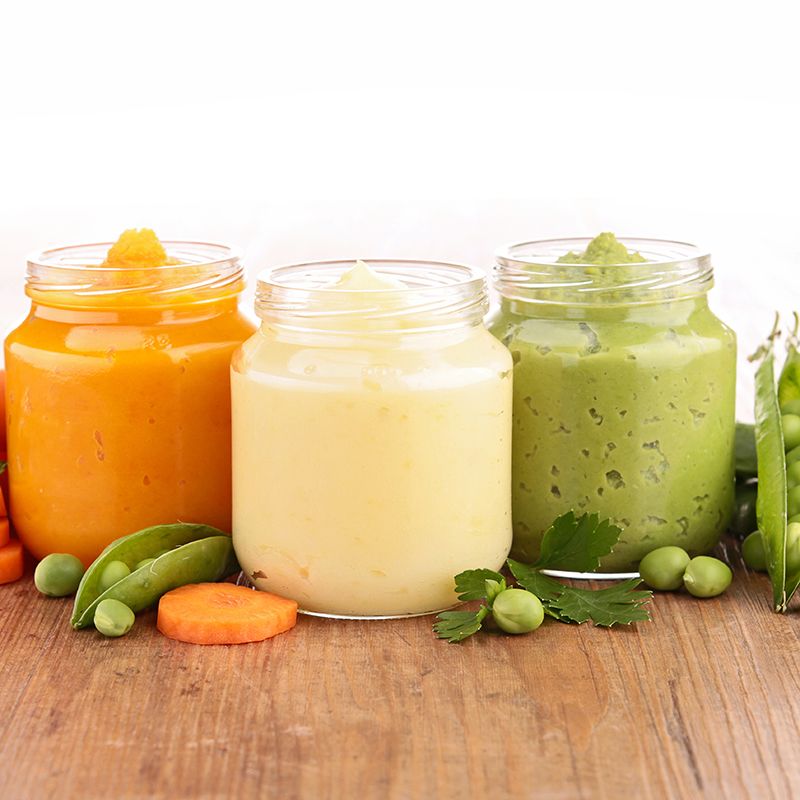 The most useful varieties of fish for children are cod, pike perch, trout.
The most useful varieties of fish for children are cod, pike perch, trout.
Meat and fish dishes at lunchtime are best served with boiled side dishes - potatoes, buckwheat, rice, durum wheat pasta.
For an afternoon snack, offer your child a glass of milk or kefir, any dairy product. The norm of dairy products for a child is at least 500 ml of milk and 50 g of cottage cheese per day. You should choose products with low fat content, from 2.5 to 3.5% is suitable for milk, up to 9% for cottage cheese%. Healthy dairy foods for children contain calcium, the most important element for bone growth, animal fats and vitamins, as well as lactobacilli that are beneficial for the digestive system and intestinal tract.
For dinner, also prepare a meat or fish dish and vegetable salad for your child. Vegetables contain fiber, without which the full digestion of food is impossible. The most useful vegetables for a child are fresh or steamed. In this form, vegetables will retain most of the vitamins.